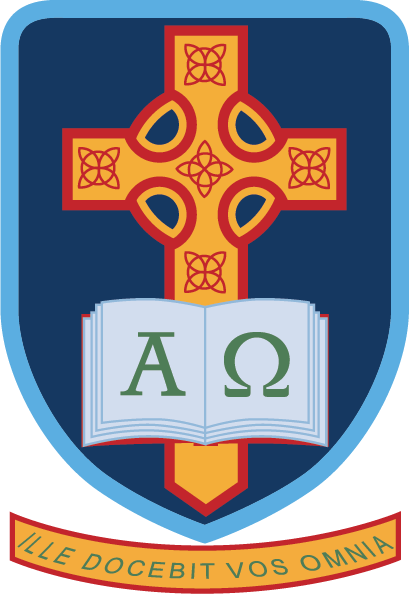
Media Studies
Overview
Pupils study a range of media forms in terms of a theoretical framework which consists of media language, representation, media industries and audiences. The following forms are studied in depth through applying all areas of the framework: newspapers, magazines, television, online, social and participatory media. Advertising and marketing, film, music video, radio and video games are studied in relation to selected areas of the framework.
Media Studies
Team
- HOD: Mr S O’Neill
- Miss L McGivern
GCSE
Media Studies provides pupils with the opportunity to develop knowledge and understanding of a range of key issues and the ability to debate important questions about the media.
YEAR 11 –
Section A: Representations – advertising, video games and newspapers.
This section will assess knowledge and understanding of the representation of gender and events in relation to any of the media forms studied – advertising, video games and newspapers.
Section B: Music
This section will assess knowledge and understanding of media language, representation, media industries and audiences.
YEAR 12 –
Section A: Television
This section will assess knowledge of media industries, audiences, media language and representation.
Section B: Contemporary Hollywood Film
This section will assess knowledge and understanding of media industries, audiences and media language.
A LEVEL
Exam Board – WJEC
Overview of Specification
Pupils study a range of media forms in terms of a theoretical framework which consists of media language, representation, media industries and audiences. The following forms are studied in depth. Advertising and marketing, film, music video, radio and video games are studied in relation to selected areas of the framework.
The WJEC A Level in Media Studies offers a broad, engaging and stimulating course of study which enables pupils to:
• demonstrate skills of enquiry, critical thinking, decision-making and analysis
• demonstrate a critical approach to media issues
• demonstrate appreciation and critical understanding of the media and their role both historically and currently in society, culture, politics and the economy
• develop an understanding of the dynamic and changing relationships between media forms, products, industries and audiences
• demonstrate knowledge and understanding of the global nature of the media
• apply theoretical knowledge and specialist subject specific terminology to analyse and compare media products and the contexts in which they are produced and consumed
• make informed arguments, reach substantiated judgements and draw conclusions about media issues
• engage in critical debate about academic theories used in media studies
• appreciate how theoretical understanding supports practice and practice supports theoretical understanding
• demonstrate sophisticated practical skills by providing opportunities for creative media production.
AS Unit 1: Investigating the Media Written examination:
- Section A: Selling Images – Advertising and Music Video
- Section B: News in the Online Age
- Section C: Film Industries – from the UK to Hollywood
AS Unit 2: Creating a Media Production
A2 Unit 3: Media in the Global Age Written examination
- Section A: Television in the Global Age
- Section B: Magazines – Changing Representations
- Section C: Media in the Digital Age – Video Games
A2 Unit 4: Creating a Cross-Media Production
